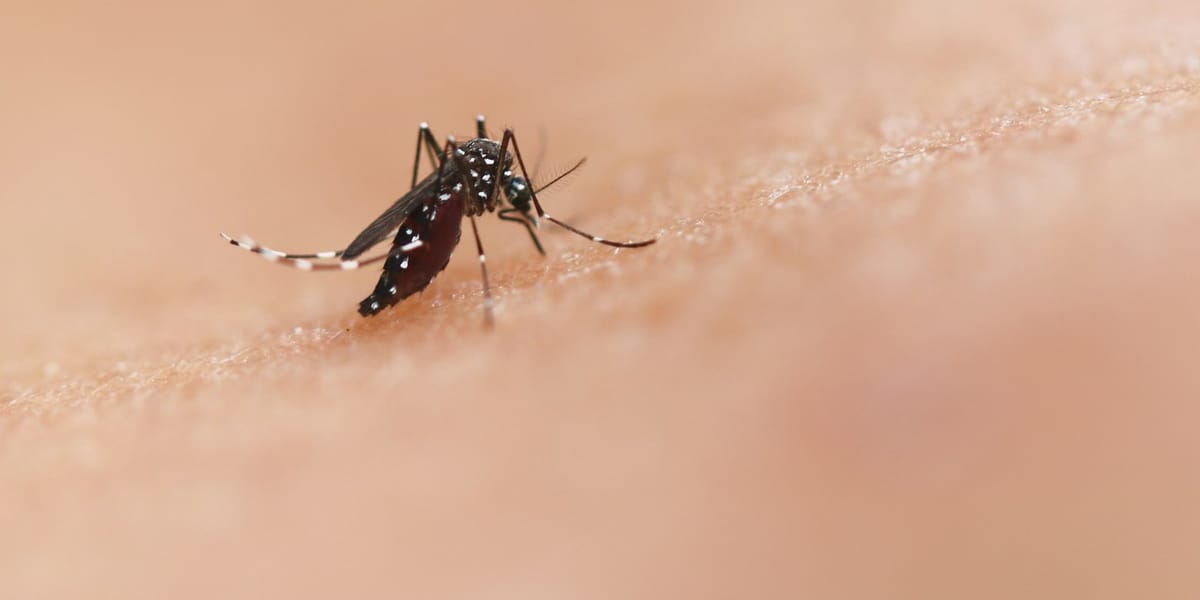Malaria in Africa: Current Challenges and Solutions

Malaria remains a significant public health challenge in Africa, accounting for a substantial portion of global malaria cases and deaths. Despite ongoing efforts to control and eliminate the disease, progress has been slow, necessitating innovative strategies and interventions.
Current Challenges
High Disease Burden: Malaria is endemic in many African countries, with sub-Saharan Africa bearing the highest burden. In 2021, malaria caused approximately 627,000 deaths worldwide, with the majority occurring in Africa, particularly among children under five and pregnant women[6].
Drug Resistance: The emergence of drug-resistant strains of Plasmodium falciparum, the most lethal malaria parasite, poses a significant challenge. Artemisinin-based combination therapies (ACTs), the cornerstone of malaria treatment, are facing resistance, necessitating continuous monitoring and development of new treatment regimens[5].
Vector Control Issues: Traditional vector control methods, such as insecticide-treated nets and indoor residual spraying, are becoming less effective due to insecticide resistance in mosquito populations. This resistance has prompted research into alternative solutions, such as the use of plant-based larvicides[2].
Innovative Solutions
Seasonal Malaria Chemoprevention (SMC): SMC is a preventive strategy implemented in areas with high seasonal transmission. It involves administering antimalarial drugs to children during peak transmission periods. In Mozambique, the phased implementation of SMC has shown promise in reducing malaria incidence among children[4].
Larvicidal Plant Extracts: Research in Benin has explored the use of ethanolic extracts from plants like Hyptis suaveolens and Azadirachta indica as larvicides. These extracts have shown effectiveness in killing mosquito larvae, offering an environmentally friendly alternative to chemical insecticides[2].
Capacity Building and Human Resources: Addressing deficiencies in human resources and capacity building is crucial for malaria control and elimination. Efforts to enhance training and capacity at all levels, from community health workers to researchers, are essential for sustaining progress and achieving elimination goals[8].
Community Engagement and Education: Increasing community awareness and adherence to malaria treatment is vital. In Uganda, studies have shown that effective packaging and messaging can improve adherence to malaria treatment, highlighting the importance of communication strategies in malaria control[7].
Future Opportunities
Vaccine Development: The development of malaria vaccines is a promising avenue for long-term control and elimination. While vaccines like RTS,S/AS01 have shown moderate efficacy, ongoing research aims to improve vaccine effectiveness and coverage.
Genetic Research: Advances in genetic research offer potential for new interventions. Understanding the genetic factors influencing malaria transmission and resistance can lead to the development of targeted therapies and preventive measures[6].
Integrated Approaches: Combining various strategies, such as SMC, vector control, and community engagement, can enhance the effectiveness of malaria interventions. Integrated approaches that consider local epidemiological and environmental factors are crucial for sustainable malaria control.
In conclusion, while malaria remains a formidable challenge in Africa, ongoing research and innovative strategies offer hope for reducing its burden. Continued investment in research, capacity building, and community engagement is essential to achieving the ultimate goal of malaria elimination.
Citations:
[1] The striking mimics between COVID-19 and malaria: A review https://www.ncbi.nlm.nih.gov/pmc/articles/PMC9445119/
[2] Larvicidal activities of ethanolic extracts of Hyptis suaveolens Linn (Lamiaceae) and Azadirachta indica (Meliaceae) leaves and their phytochemical properties in malaria vector control in Dogbo district in South-western Benin, West Africa https://www.semanticscholar.org/paper/64489a37740e1df3d0d68edf36be704b771b42b8
[3] Malaria in Angola: recent progress, challenges and future opportunities using parasite demography studies https://www.ncbi.nlm.nih.gov/pmc/articles/PMC9795141/
[4] Feasibility, Acceptability, and Protective Efficacy of Seasonal Malaria Chemoprevention Implementation in Nampula Province, Mozambique: Protocol for a Hybrid Effectiveness-Implementation Study https://www.ncbi.nlm.nih.gov/pmc/articles/PMC9547334/
[5] Therapeutic efficacy of artemether-lumefantrine, artesunate-amodiaquine and dihydroartemisinin-piperaquine in the treatment of uncomplicated Plasmodium falciparum malaria in Sub-Saharan Africa: A systematic review and meta-analysis https://www.ncbi.nlm.nih.gov/pmc/articles/PMC8912261/
[6] Pathogenicity and virulence of malaria: Sticky problems and tricky solutions https://www.ncbi.nlm.nih.gov/pmc/articles/PMC9815252/
[7] The Impact of Packaging and Messaging on Adherence to Malaria Treatment in Uganda https://www.semanticscholar.org/paper/acfc0d32dfbf87bc54b29f7c4a6a791256564ec8
[8] Rethinking human resources and capacity building needs for malaria control and elimination in Africa https://www.ncbi.nlm.nih.gov/pmc/articles/PMC10021507/



